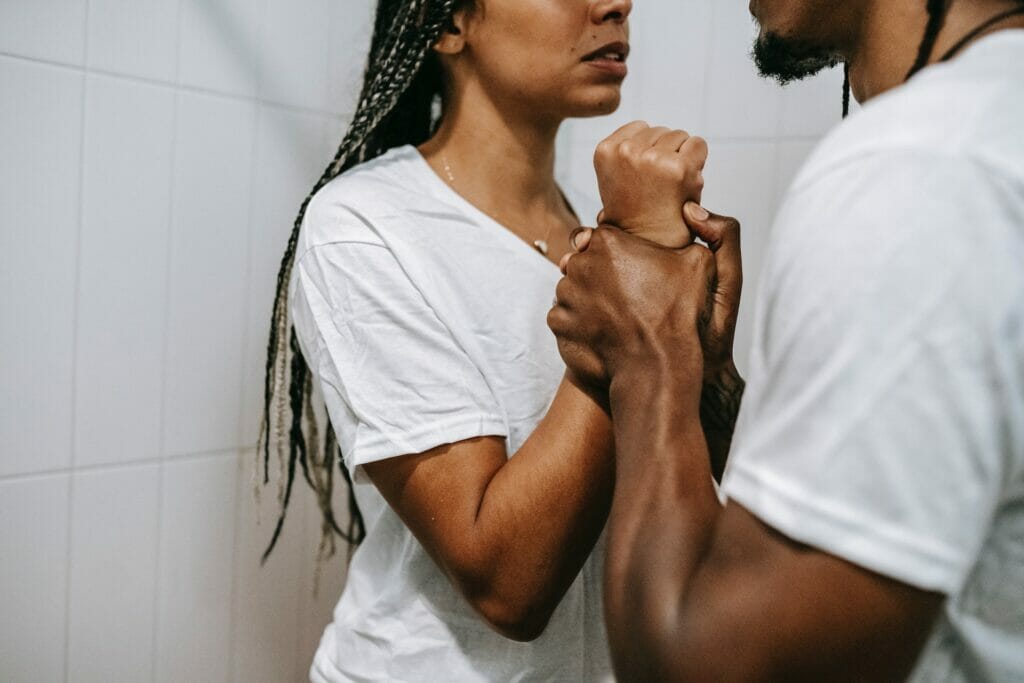Attorney Jocelyn Cortez
In October, the nation takes special note of Domestic Violence and its effects on families. At GWP, we help clients affected by Domestic Violence every day. Here are a few examples of how victims of domestic abuse can receive special consideration in their immigration applications:
- Violence Against Women Act (VAWA) for abused spouses of U.S. citizens or Legal Permanent Residents (LPR): for immigrants who are married to and abused by a U.S. citizen or LPR, they can seek to get their green card without the help or knowledge of the abusive spouse. The applicant can be a man or a woman. The abuse may be against you or your child and it can be physical, psychological, or emotional abuse. To be eligible, the applicant must prove (1) that the marriage was to a U.S. citizen or LPR and the marriage was in good faith (2) that the abuse occurred (evidence could include police reports, medical records, psychological reports, photographs, texts, and/or affidavits), (3) that the applicant lived or lives with the abusive spouse, and (4) that the applicant is a person of good moral character. An applicant can be eligible for VAWA treatment even if they have divorced their spouse, as long as it hasn’t been two years since the divorce. The same goes for being a widow or widower of a U.S. citizen/LPR, as long as it has not been 2 years since their death.
- VAWA for abused parents of U.S. citizens: Domestic Violence doesn’t only happen between spouses. It can happen between sons/daughters and their parents. As a consequence, VAWA also allows parents of abusive U.S. citizens to apply for their green card. To qualify, the applicant must prove (1) their relationship to the U.S. citizen (that they are the parent) (2) that the abuse occurred (see above for examples of evidence), (3) that the abuse occurred after the son or daughter’s 21st birthday (4) that the son or daughter resided with the parent after their 21st birthday and (5) that the applicant is a person of good moral character.
- U visa for victims of crime: Sometimes, the abuse happens between two people and neither of them has legal status to be in the U.S. Despite this, a victim of Domestic Violence or abuse at the hands of an undocumented family member can apply for a special kind of visa called the U visa. If the victim reports the domestic violence to the authorities and cooperates with them in the investigation of this crime, they can apply for a U visa certification, which confirms that the applicant has been helpful. With this certification, the applicant can apply for a U visa, which, if granted, gives them a work permit and protection from deportation. After 3 years of having a U visa, the applicant can apply for a green card.
Breaking the cycle of domestic violence is difficult, but possible. Finding a way to have legal status is one way to get stability and security to be able to take that first step. For help, visit the National Domestic Violence Hotline: thehotline.org.

